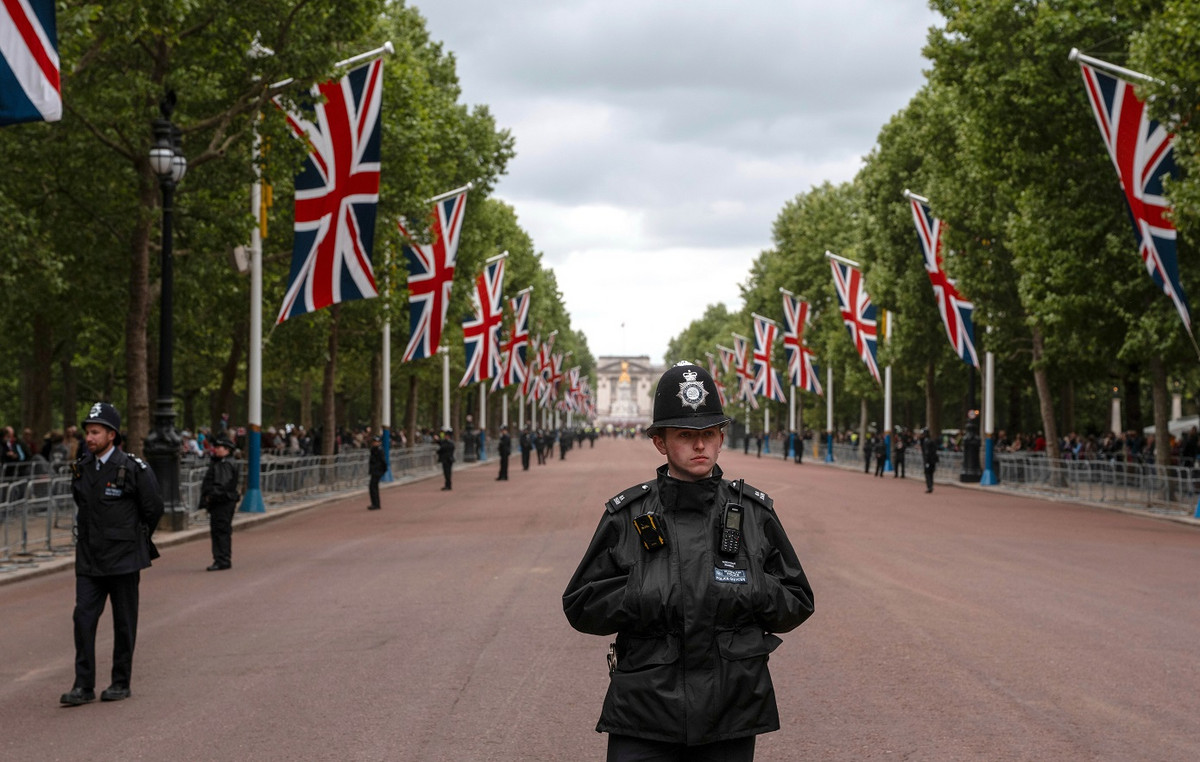Javier Milei's government announced on Monday (22) the new text of the Bill of Bases and Starting Points for the Freedom of Argentines, or “bus law”, the mega bill with more than 600 articles presented at the end last year, which aims to carry out a profound reform of the State.
The latest version released brings a series of modifications to the original project, which had generated strong questions due to the unprecedented scope of the proposal.
With the concessions, the government intends to better welcome deputies from opposition parties more or less close to the federal administration who are willing to dialogue, such as the PRO, the União Cívica Radical and the Federal Coalition, to avoid rejection.
The measure takes place a few days before the parliamentary debate, next Thursday (25).
Find out below what the main changes are.
emergency state
The emergency in social and Defense matters is eliminated, remaining in force for the economic, financial, fiscal, pensions, security, tariff, energy, health and administrative areas.
The deadline for declaring an emergency in the remaining areas is also reduced to 1 year, extending until December 31, 2024.
State reform
Adds paragraphs to provide greater clarity regarding the powers delegated to the Executive Branch in matters of privatization of companies, interventions in entities and modification of budget lines.
Privatizations of public companies
The oil company YPF is excluded from the companies authorized to be privatized.
Furthermore, it is specified that in the case of Arsat (satellite services), Banco de la Nación (the largest bank in the country) and Nucleoeléctrica (which brings together atomic power plants) the privatization has to be “partial” and that the “State must maintain control.”
Therefore, before there were 41 companies subject to privatization, and now there would be 40, three of which would have a different regime.
Retirements
The automatic quarterly increases in the current formula are maintained until March and, from April onwards, are updated monthly according to the latest inflation data from the National Institute of Statistics and Census (Indec).
The original text provided for the suspension of the formula and adjustments were at the discretion of the Executive Branch “until a (new) automatic formula is established”.
Privileged retirements
Eliminates privileged retirements for president and vice president who end their term after the law is approved.
In other words, it would come into force from the Milei–Villarruel binomial.
Withholdings
Withholding tax on exports from “regional economies” is eliminated. This corresponds to the agribusiness, infrastructure, forestry, mining, gas and oil, energy and technology sectors.
It is not clear which product is included in each of these sectors, because in the original project there are products that would be taxed at 8% or 15%, depending on the text.
Export duties
For regional economies, export duties are also reduced to 0% and the power to increase these duties is taken away from the Executive Branch. “Only the power to reduce them is maintained”, he highlights.
Security and protests
“Article 331 is eliminated to avoid incorrect interpretations of the cut”, they announced.
This article, focused on preventing protests from including traffic closures, caused a lot of discussion because it defined a “gathering or demonstration” as “the intentional and temporary congregation of three (3) or more people in a public space.”
Electoral reform
This point of the law, which proposed profound reforms to the current electoral system, was reserved for future discussion in ordinary sessions.
The original text proposed the elimination of open, simultaneous and mandatory primary elections (PASO), the introduction of elections of deputies by single-member constituencies and the updating of the composition of the Chamber of Deputies.
Asset regularization
Employees who have worked in the last 5 years, as well as people with a firm accusation, will not be able to take advantage of this benefit. They also cannot declare assets on behalf of non-resident third parties.
Finally, the resources collected from the Special Regularization Fee will be allocated to the Central Bank.
Megadecree (DNU)
Article 654 has been eliminated, which referred to the approval of the broad Decree of Necessity and Urgency No. 70/23, which the government sanctioned days before presenting the Law of Bases and Starting Points for the Freedom of Argentines.
Civil servants and political activity
“Public officials” are included in the limitations on political activity and a “sanctioning mechanism for non-compliance with such prohibitions” is determined.
Culture
The National Institute of Cinema and Audiovisual Arts (Incaa) will continue to receive resources automatically.
The article that dictated the closure of the National Arts Fund is eliminated and it is proposed to “explore mechanisms so that its economic equation is more favorable to the artistic community”.
In relation to the National Institute of Music (Inamu) and the National Commission of Popular Libraries (Conabip), it is indicated that expenses should not exceed 20% of their revenues.
Environment
The changes to the Burning Law ––“the wording of which was confusing”–– are eliminated and the deadlines for authorization of this practice, referring to the burning of forests by the competent authority, are extended.
Furthermore, an article is incorporated that guarantees resources for the Forest Fund and prohibited activities are clarified in the Glacier Law — “activities prohibited in the periglacial zone”.
Source: CNN Brasil
Bruce Belcher is a seasoned author with over 5 years of experience in world news. He writes for online news websites and provides in-depth analysis on the world stock market. Bruce is known for his insightful perspectives and commitment to keeping the public informed.







